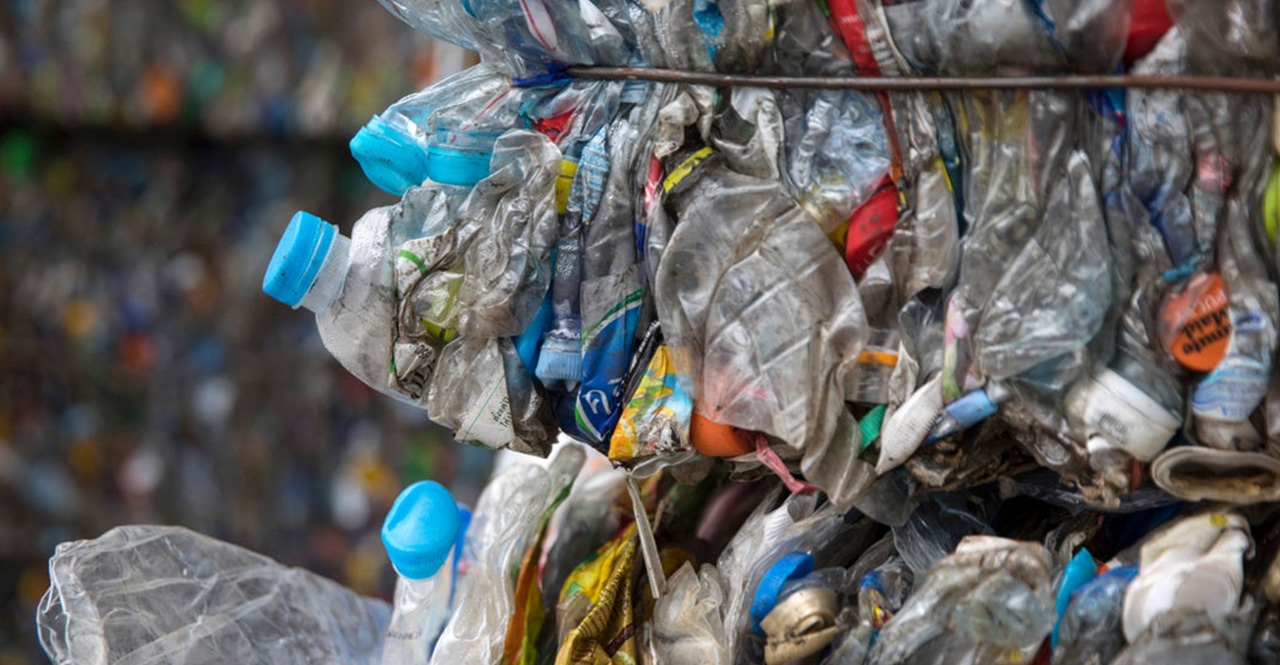Optimizing Industrial Waste Water Treatment Effectiveness with Reclaim Waste Melbourne
Optimizing Industrial Waste Water Treatment Effectiveness with Reclaim Waste Melbourne
Blog Article
The Vital Role of Proper Liquid Waste Removal Strategies in Waste Management
In the realm of waste management, the significance of utilizing proper liquid waste elimination methods can not be overstated. The elaborate web of interconnected environmental, wellness, and safety and security factors to consider hinges on the reliable monitoring of fluid waste. From protecting our communities against contamination to supporting public wellness criteria, the correct disposal of liquid waste plays an essential role in keeping a healthy and lasting atmosphere. This pivotal role prolongs past mere waste elimination, influencing a multitude of fields and aspects of our everyday lives. It is within this structure that the execution of sound liquid waste elimination methods stands as a cornerstone of accountable waste management practices.
Importance of Proper Liquid Waste Elimination
Why is appropriate liquid waste removal vital in preserving public and environmental health requirements? Appropriate liquid waste elimination is vital for guarding the setting and promoting public wellness criteria.
Ecological Advantages of Reliable Strategies
Applying efficient liquid waste removal methods not just safeguards the atmosphere but also plays a crucial function in maintaining public health and wellness criteria. By using correct strategies, such as advanced purification systems and accountable disposal methods, the ecological benefits are substantial. Among the primary benefits is the avoidance of contamination of all-natural water sources. Inappropriate disposal of liquid waste can result in pollutants leaking right into the dirt and ultimately reaching groundwater reservoirs, affecting both human health and communities.
Additionally, effective fluid waste removal techniques help alleviate the danger of waterborne diseases. By guaranteeing that dangerous materials are not released right into water bodies, the spread of illness brought on by polluted water can be decreased. Appropriate waste administration practices add to the conservation of marine life. Poisonous chemicals in liquid waste can have damaging results on aquatic and freshwater organisms, interrupting communities and biodiversity.
Health Ramifications of Inadequate Elimination
The harmful health ramifications related to insufficient liquid waste removal emphasize the important importance of proper disposal methods and efficient administration practices. Incorrect elimination of liquid waste can result in the contamination of water sources, posing severe wellness risks to both humans and wildlife. When liquid waste containing hazardous chemicals, microorganisms, or other toxins is not appropriately removed and treated, it can leak into groundwater, rivers, and oceans, jeopardizing the high quality of alcohol consumption water and marine ecosystems.
Direct exposure to infected water as a result of inadequate fluid waste elimination can lead to different health issues, including stomach diseases, skin infections, respiratory system problems, and also extra serious problems such as organ damage or neurological conditions. Additionally, the launch of without treatment liquid waste right into the atmosphere can contribute to the spread of waterborne diseases, developing public health and wellness dilemmas that need considerable resources to resolve.
Consequently, applying appropriate fluid waste removal techniques is necessary to protecting public health and wellness and protecting the stability of environments. Liquid waste removal. By focusing on reliable waste management methods, we can mitigate the health risks connected with poor fluid waste elimination and promote a much healthier setting for all
Duty in Protecting Against Water Contamination
Effective liquid waste elimination techniques play a vital role in protecting against water contamination and protecting public wellness. Inappropriate disposal of liquid waste, such as neglected sewage or commercial effluents, can bring about the contamination of water resources, positioning major risks to human health and the atmosphere. When liquid waste is informative post not effectively removed and treated, damaging substances can leak into groundwater, rivers, and oceans, contaminating alcohol consumption water products and water environments.
Infected water can lug a range of contaminants, including pathogens, heavy steels, and chemicals, that have the possible to create waterborne illness, ecological damage, and lasting health effects in people and wild animals. Appropriate fluid waste elimination techniques, such as wastewater therapy plants, septic systems, and commercial effluent therapy facilities, are important for getting rid of or reducing the effects of damaging pollutants prior to they can go into water bodies.
Guaranteeing Safe Disposal Practices
Making sure appropriate disposal techniques for liquid waste is necessary to protect water resources and public health from contamination risks. Safe disposal techniques entail sticking to regulations and standards stated by environmental companies to decrease the effect of liquid waste on the setting. Proper containment and storage space of fluid waste are essential to stop leaks or spills that can permeate right into the dirt and pollute groundwater sources. Executing efficient treatment methods, such as filtering or chemical procedures, prior to disposal can additionally dramatically reduce the hazardous effects of fluid waste on the atmosphere.

Final Thought
In conclusion, correct fluid waste removal resource techniques play an important role in waste monitoring by stopping environmental contamination and guarding public wellness. Reliable removal techniques guarantee the safe disposal of fluid waste, minimizing the adverse influence on environments and water sources. It is necessary for people and sectors to take on responsible methods to alleviate the harmful impacts of incorrect liquid waste disposal.
In the world of waste management, the relevance of employing appropriate liquid waste removal methods can not be overstated. It is within this structure that the implementation of sound liquid waste removal strategies stands as a keystone of accountable waste management techniques.

Report this page